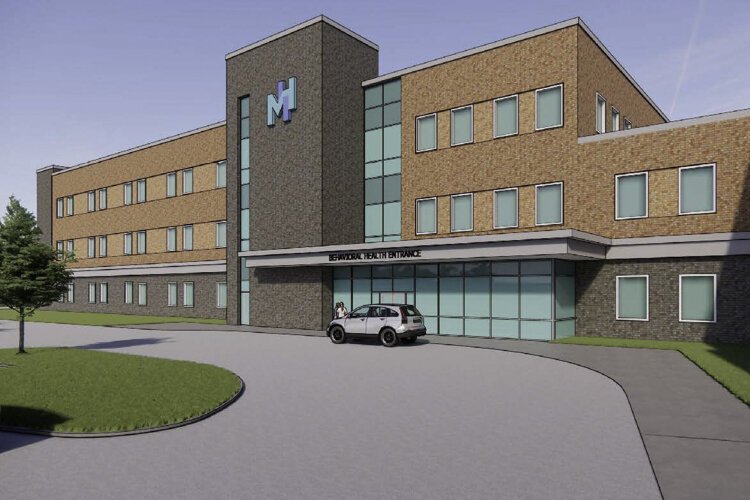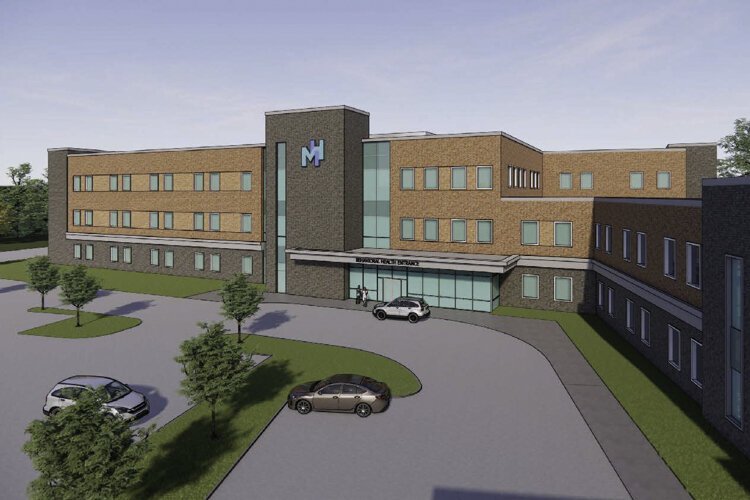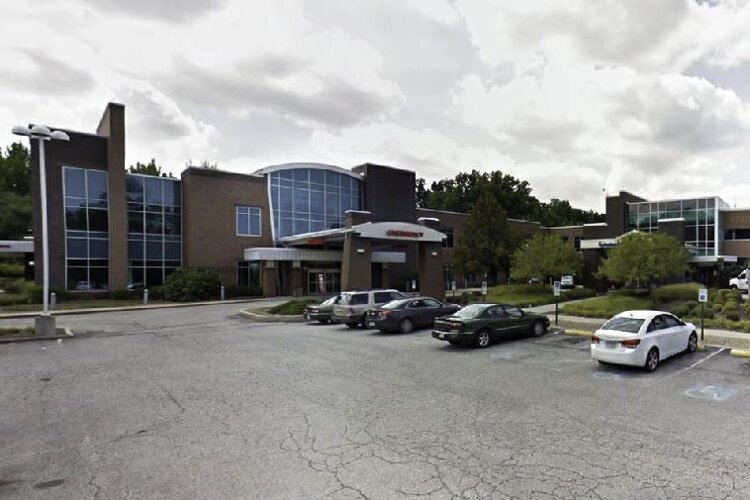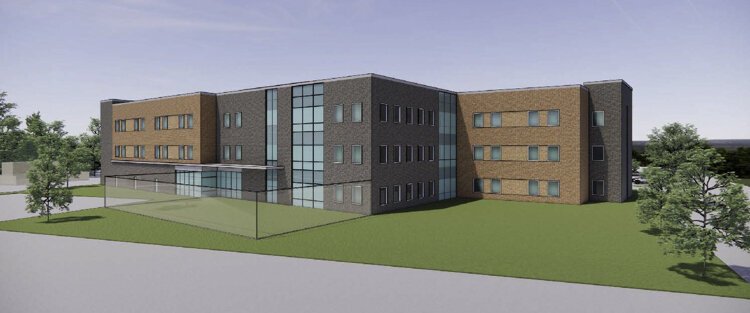MetroHealth expansion to bring new mental health services to Cleveland Heights facility
Cuyahoga County is known globally for its wealth of health resources. What’s still missing is easily accessible behavioral health assets that result in significant life improvements for the entire community.
MetroHealth hopes to meet this large-scale need with the recently approved expansion of its behavioral health and addiction services.The $42 million project at the hospital system’s Cleveland Heights Medical Center will add 110 new treatment beds, a psychiatric urgent care center and a selection of specialized units.
Approved on March 24 by Cleveland Heights City Council, groundbreaking for the 79,000 square-foot expansion to the existing hospital facility at 10 Severance Circle is scheduled for later this spring, with October 2022 tabbed as the expected completion date.
 Joseph FrolikJoseph Frolik, MetroHealth senior vice president of community and government relations, points to a shortage of acute behavioral care as a project catalyst. While the COVID-19 pandemic compounded the lack of mental health treatment countywide and beyond, the issue had been percolating long before the virus crisis.
Joseph FrolikJoseph Frolik, MetroHealth senior vice president of community and government relations, points to a shortage of acute behavioral care as a project catalyst. While the COVID-19 pandemic compounded the lack of mental health treatment countywide and beyond, the issue had been percolating long before the virus crisis.
“There’s a huge unmet need for these services in Cuyahoga County and throughout the U.S.,” says Frolik. “Even before the coronavirus, we had people coming into the ER not getting the treatment they needed in a timely sense.”
The expansion will include specialized units for adolescents and older adults, focusing on mood and thought disorders and addiction. Dual-diagnosis patients who have both a mental disorder and a substance abuse issue will also receive increased care. Considering its full pharmacy and proximity to underserved populations, the Cleveland Heights center is an ideal location to help close area behavioral health and addiction gaps, Frolik notes.
According to a November 2020 news release from MetroHealth, half of county residents requiring behavioral health care in 2019 obtained it elsewhere. A regional health assessment conducted in 2019 by Health Improvement Partnership-Cuyahoga (HIP-Cuyahoga) further highlighted the connection between mental health and its impact on communities.
“For people with depression or bipolar disorder, it’s hard for them to find treatment because of the dearth of acute care facilities,” Frolik says. “Individuals used to going to NA or AA meetings have been isolated (during the pandemic). These are nationwide issues.”
 Rendering of MetroHealth’s Cleveland Heights Medical Center that will add 110 new treatment beds, a psychiatric urgent care center and a selection of specialized units.MetroHealth is covering $37 million of the expansion, with another $5 million provided by the Opioid Mitigation Fund, created by the county from settlement dollars it received through drug manufacturing lawsuits. Frolik says the new facility will welcome patients for seven-to-10-day stays before determining the next level of care, whether a halfway house or treatment center.
Rendering of MetroHealth’s Cleveland Heights Medical Center that will add 110 new treatment beds, a psychiatric urgent care center and a selection of specialized units.MetroHealth is covering $37 million of the expansion, with another $5 million provided by the Opioid Mitigation Fund, created by the county from settlement dollars it received through drug manufacturing lawsuits. Frolik says the new facility will welcome patients for seven-to-10-day stays before determining the next level of care, whether a halfway house or treatment center.
On the economic impact side, hospital officials anticipate the project will add 155 jobs in its first year and 255 jobs by year five. A projected payroll of $15 million a year would result in an estimated $340,000 in tax revenue for Cleveland Heights annually.
Frolik says the behavioral health hospital should open at the same time as the reimagined main campus on West 25th Street.Increasing mental health services addresses an enormous regional problem and fits in neatly with the hospital system’s larger commitment to the community, he adds.
“It’s part of how we can meet the mission of serving all the health needs of people in Cuyahoga County, regardless of where they are and their ability to pay,” Frolik says.




